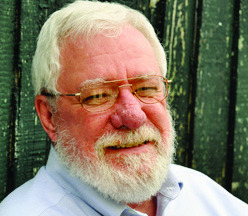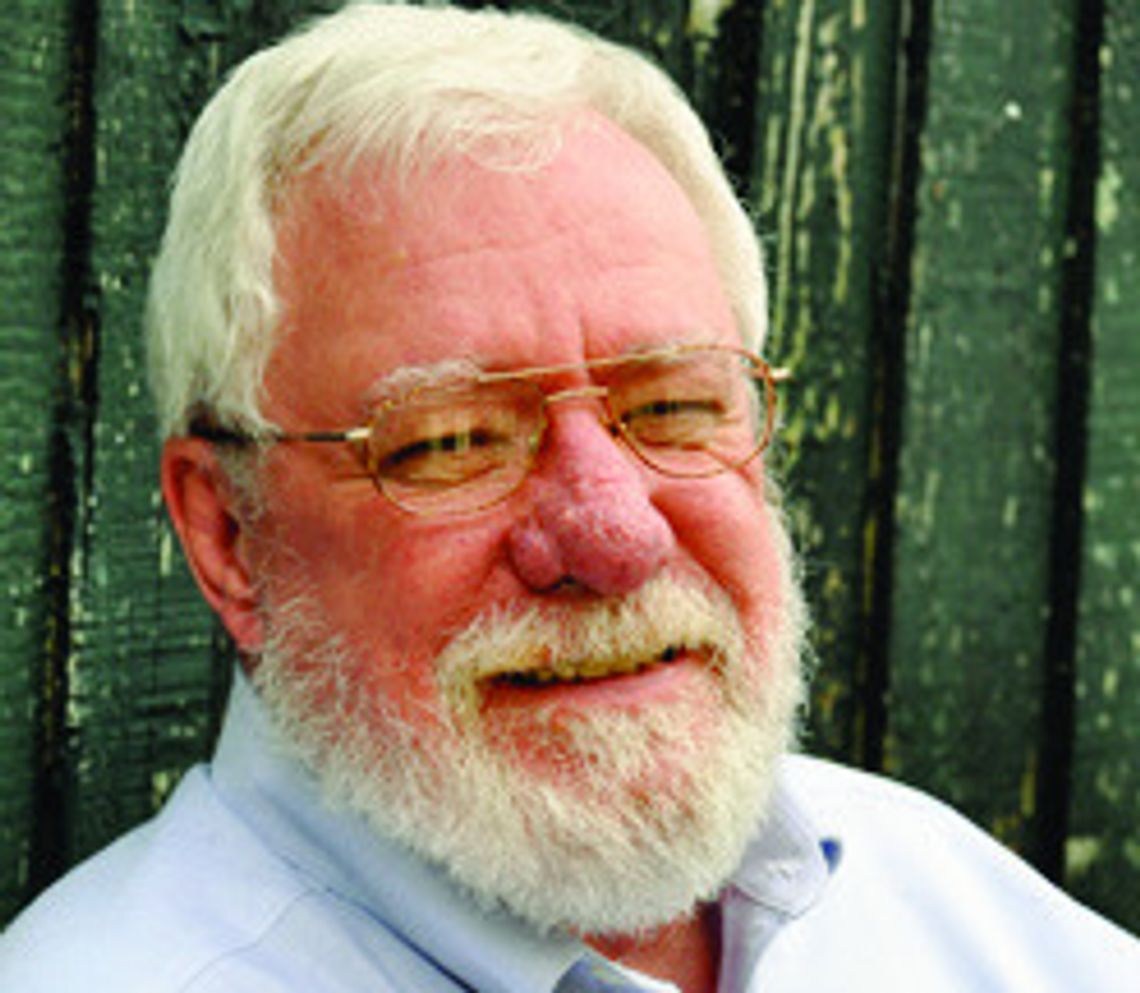In the late 1970s and early 1980s, I had the opportunity to participate in a program to capture the stories of soldiers who fought in World War II. In almost every instance, the ones I sat down with were telling their stories for the first time. When they came home from the war, they just wanted to put it behind them and get on with their lives.
That’s why a story in a 1945 issue of the Crowley Acadian-Signal about Myrl Joseph Faulk caught my eye. He fought through some of the most horrific battles of World War II, but, like many other veterans, had little to say about it when he finally got home.
When the reporter tried to interview him, Myrl “volunteered no information whatsoever,” but “piece-by-piece the high spots of a really terrific two years eked out [about] ‘incidents,’ any one of which could make a full length story,” according to the story.
Myrl was the first of five children of Ivy and Alice Duhon Faulk of Crowley. He left his job as a service station attendant to go into the army in March 1942 and was assigned to an engineering battalion in the famed 101st Airborne Division. He saw some of the hardest fighting of the war in France, Holland, Belgium, and Germany, but insisted that “nothing happened to me for a story.”

Bradhsaw
Nothing? His battalion was headed for the Normandy beach in the troop ship Susan B. Anthony on the day after D-Day when it hit a mine and sank about two miles from the coast. All 2,689 people aboard were saved in an operation that the Guinness Book of World Records listed as the largest rescue ever made without loss of life. A British destroyer delivered Myrl to the beach from which the 101st fought its way across Europe and into the heart of Germany. That beach was not a pleasant place to be on the day after DDay, and that was just the beginning of two years of unpleasantries.
Myrl said his job as an engineer was building roads and bridges and doing other construction work, “but when the infantry needed us, we were right up in the lines, fighting with them … and that was practically all the time.”
They were certainly needed in the lines during the Battle of the Bulge, Germany’s desperate attack in Belgium in December 1944 that brought what has been described as the largest and bloodiest single battle fought by the United States in World War II.
The 101st was surrounded by German forces at the important town of Bastogne, but refused to surrender. They held the town from December 20 to December 26, when they were relieved by General George Patton’s Third Army. Food and ammunition had to be parachuted into the town, including Myrl’s Christmas dinner of “delectable K-rations.” During that battle, 341 men from the division were killed and 1,691 wounded.
Myrl came through that battle unscathed but was wounded in January 1945 when shrapnel from an exploding shell lodged in his leg. That was the only thing he talked about freely during the newspaper interview – not about himself, but about the men who cared for him on the battlefield and got him to a field hospital. The medics “were right there on the spot with us all the time,” he said.
He was back with his unit in time to view the Austrian mountains from the Kehlsteinhaus (Eagle’s Nest), Hitler’s mountaintop lair, as the war ended. He said it was a pretty view but that he preferred the prairies of Acadia Parish.
Myrl and Gertrude Grotefeud were married in July 1948. By that time, he was owner of the Avenue N Citgo station, which he ran for nearly 30 years. They lived quietly in Crowley, rearing three girls.
When he died on January 30, 1988, Myrl’s obituary noted in passing that he was a World War II veteran but said nothing about the “incidents” that he’d deemed unworthy of a story. Nor did it mention that by the time he was discharged after three and a half years of service, he’d earned ribbons for combat operations in Africa and Europe; the purple heart, given for soldiers wounded in battle; and the bronze star, given for heroism in the face of enemy fire.
You can contact Jim Bradshaw at jimbradshaw4321@ gmail.com or P.O. Box 1121, Washington LA 70589.


